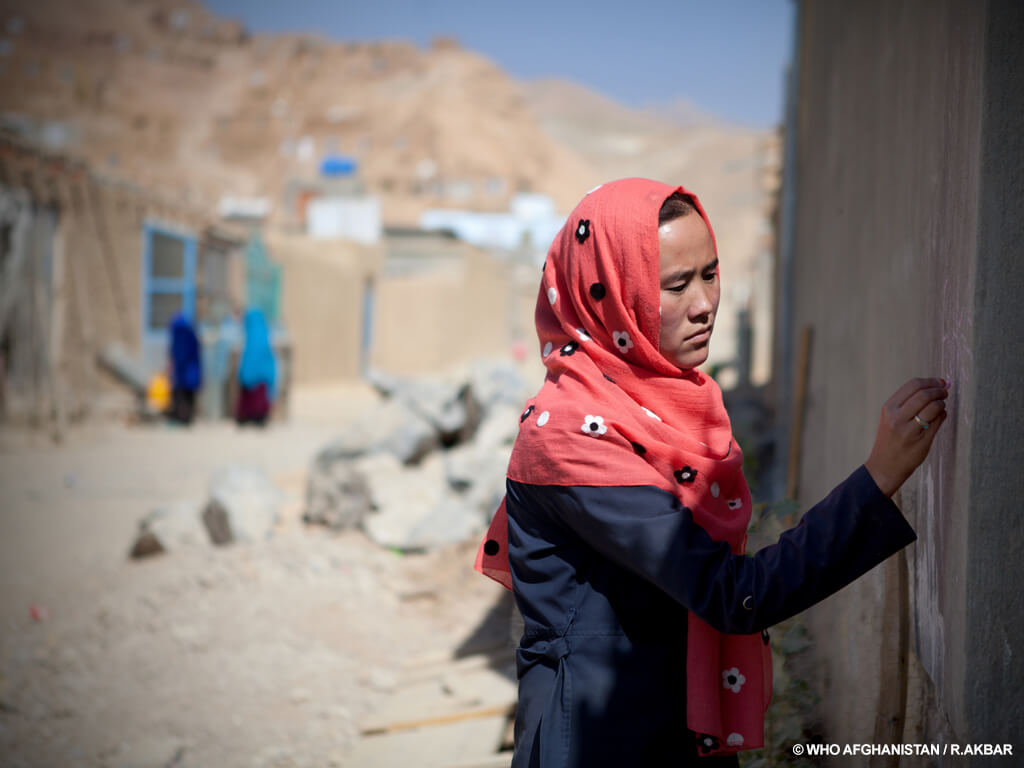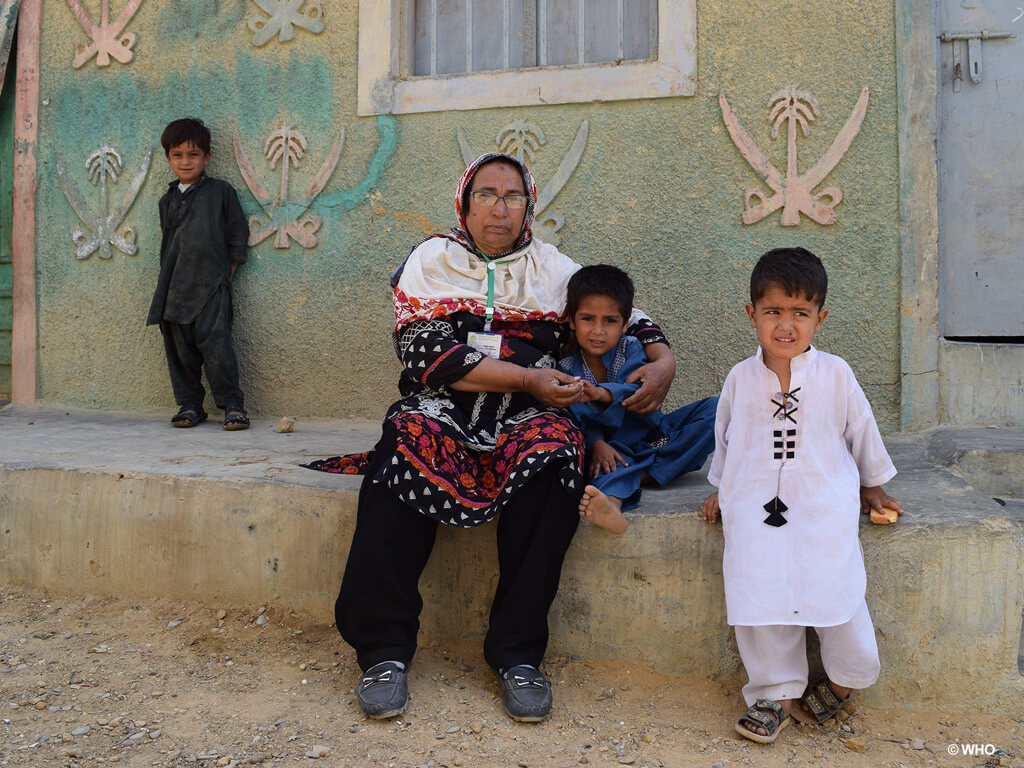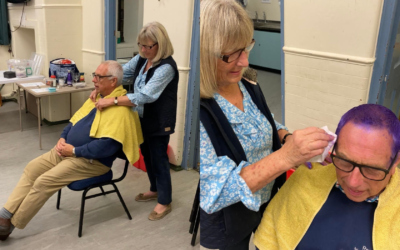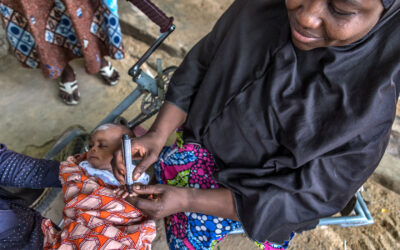To mark International Women’s Day we recognise three women who have, and continue to play key roles in making sure we achieve the goal of a polio-free world.
This year’s International Women’s Day theme is #PressforProgress, and with just 22 cases of polio in the world in 2017, we are closer than ever to eradicating the disease, all with the outstanding contribution of inspiring women.
This is progress towards protecting children and helping mother’s see their children grow without the risk of them contracting polio.
Judith Diment, (above) Chairman of Rotary International Global Polio Eradication Advocacy Task Force and UK National Advocacy Adviser for Polio
Judith, a member of Maidenhead Thames Rotary, is involved advocacy to ensure that polio remains a key focus on the agendas of governments and NGOs across the UK, Europe, Commonwealth and the world.
“Rotary has mobilised a legion of volunteers who are providing support during vaccination campaigns, mobilising their communities for polio eradication activities, raising funds and awareness for polio eradication, and advocating for the cause with government officials.”
“On International Women’s Day I salute the front line women health workers in Pakistan, Afghanistan and Nigeria for their dedication and commitment to ensure that all children under five are vaccinated, often risking their lives on a daily basis. With their help we will get to zero.”


Samima, volunteer polio vaccinator – Afghanistan
Samima, 28, has worked as a volunteer polio vaccinator in Bamyan province for the past two years.
“I love children – seeing children healthy and happy makes me happy too. My goal in life is to serve society in any way that I can and helping children is the best way to do it. I always feel proud when the polio campaign starts and my family and neighbours are proud of me too,” Samima says.
“We do not have many problems with people refusing to vaccinate their children. Even those who initially reject the vaccine can be easily persuaded when we explain the benefits of the vaccine for their children’s health and wellbeing. Most families appreciate the work that we do and many of them even invite us to their homes and offer tea. They are grateful that we work so hard to make sure their children are healthy.”


Khalida, polio vaccinator and immunisation campaign supervisor – Pakistan
Khalida has been working as a supervisor for the polio vaccination programme in Pakistan for the past three years. She notes that in her community, the number of polio cases has decreased drastically. She attributes this to the rigorous polio campaigns that have been carried out frequently in the area to reach every child, multiple times, with vaccines to keep them safe against paralysis.
“The contribution of the frontline health workers I supervise is remarkable, as they work hard to ensure each and every child is protected from this crippling disease.
“Polio is a crippling and heinous disease which causes permanent disability, and even death. Children have to live their whole life unable to move their arms or legs and these children remain a big burden to their families.
Polio eradication is very important to have a healthy generation; as healthy generations, these children will be able to better serve the country.”










